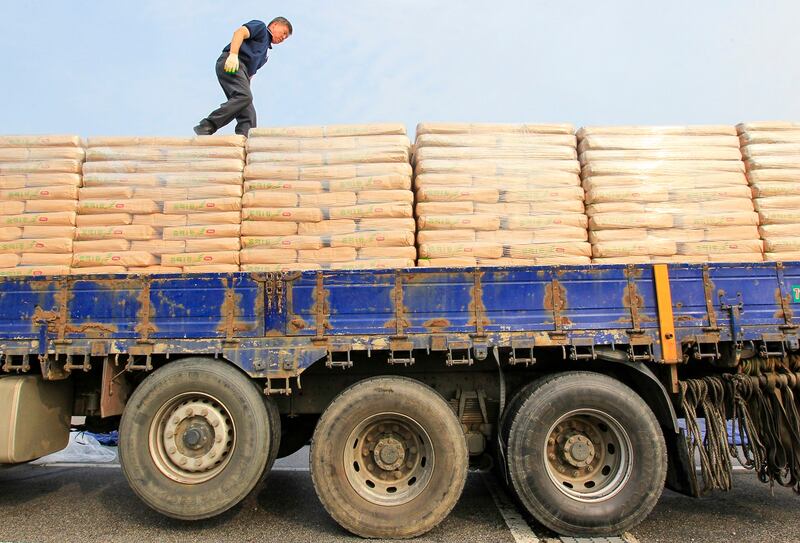After a seven-year hiatus, U.S. organizations began exporting humanitarian aid to North Korea last year – much of it medical and laboratory equipment and supplies, according to data from U.S. Department of Commerce’s Census Bureau.
Since November, more than US$200,000 in aid has been sent to the reclusive country, the data shows.
The U.S. government’s sanctions policy prohibits all trade with North Korea except for humanitarian goods such as food and medicine, which require approval from the Department of Commerce.
After Pyongyang’s fourth nuclear test in 2016, a new round of sanctions made it virtually impossible for for organizations to pass strict scrutiny even for humanitarian exports. Certain medical devices, for example, were banned because they could be used in applications other than their primary purpose.
It wasn’t immediately clear why humanitarian shipments from organizations in the U.S. resumed, or which organizations provided the aid.

An American government official who requested anonymity told RFA that the shipments were humanitarian aid from U.S.-based organizations and weren’t products purchased by North Korea.
Most of the shipments appear to be medical and laboratory equipment and supplies, said Jason Jindrich, director of the U.S. Census Bureau’s International Trade Indicator MacroAnalysis Branch and Economic Indicators Division.
“Because the census only has access to the statistical information, I cannot say under what provision these supplies were sent,” he said.
The resumption of the humanitarian aid comes at a time when international organizations that left North Korea during the COVID-19 pandemic are discussing a possible return.
The resumption of exports is “meaningful,” said Joung Eunlee, a research fellow at Korea Institute for National Unification.
“I think this means that the U.S. government is also taking the stance that we will support North Korea from a humanitarian perspective,” she said.
The U.S. State Department has previously told RFA several times that it does support humanitarian aid to North Korea.
In November, US$120,000 worth of goods were shipped to the country, about $55,000 of which was classified as “immunological products.” In December, about $68,000 was sent, 90% of which were classified as “diagnostic or laboratory reagents kits.”
Nothing was sent in January, but in February exports totaled around $26,000 and $3,500 in March.
Translated by Claire S. Lee. Edited by Eugene Whong and Malcolm Foster.
